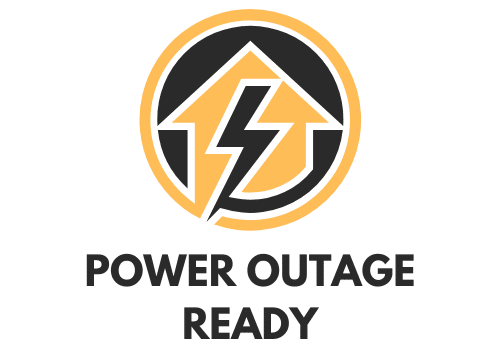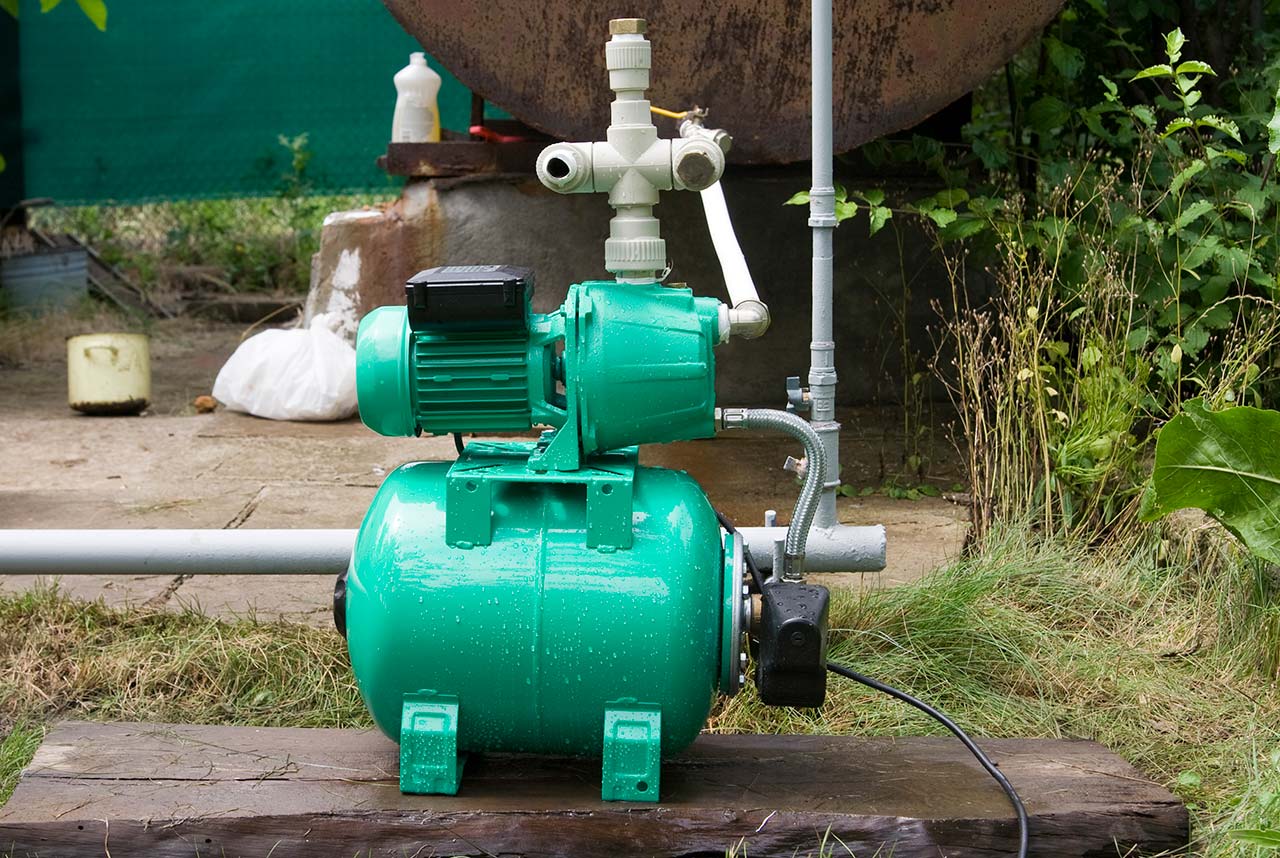Will A Sump Pump Work Without Electricity? (Explained)
Sump pumps are essential for keeping basements dry and preventing damage from water intrusion, especially during heavy rainfall or flooding. Most sump pumps rely on electricity to function, so when you’re hit by a storm and the power goes out, you might be left wondering if your sump pump is still working.
The truth is, most standard sump pumps won’t work without an active electrical connection. But that doesn’t mean you’re out of options. There are battery-operated models and alternative backup systems available to keep your sump pump running during a power outage. These solutions can give you peace of mind, knowing your home is protected even when the electricity isn’t cooperating.
Understanding your options and incorporating them into your emergency preparedness plans will ensure that your basement stays dry and your property remains unharmed when the power goes out.
Sump Pump and Electricity (Back-Up Power Options)
When the electricity goes out, the primary sump pump may become inoperative, leaving your basement vulnerable to flooding. This can be a serious issue in power outages caused by storms, such as hurricanes. A good precaution is to have a backup power source. You can use a generator for this purpose, but keep in mind that it should be powerful enough to handle the sump pump’s requirements.
Another option is a battery backup system designed specifically for sump pumps, which automatically kicks in when the main power goes out. These systems use deep-cycle batteries and a DC-to-AC power inverter, ensuring the continuous operation of the pump even without access to electricity from the main grid.
For those connected to a municipal water system, you might want to consider a water-powered backup sump pump. This type of pump uses the pressure from the water supply to move the water out of your basement, without relying on electricity. Unfortunately, this option isn’t practical if you rely on a well pump, which depends on electricity to function.
Battery Backup
Battery backup is probably the simplest solution for restoring power to your sump pump during a power outage. Many sump pumps come with an integrated battery backup system, ensuring they continue to function even when the main power source fails.
If your sump pump doesn’t have a built-in battery backup, you still have options for battery power. You can establish a backup system by connecting a deep-cycle battery to a DC to AC power inverter. This DIY method can be just as effective as pre-integrated solutions, as long as the battery is adequately sized for your pump’s requirements. Whether you opt for an integrated or DIY backup solution, it’s essential to regularly check and ensure your backup batteries are fully charged and in good condition, so they’re ready to spring into action when needed.
Water-Powered Backup
While water-powered sump pumps can stand on their own, they’re not typically as efficient as electric sump pumps. Due to this, many homeowners choose to install water-powered sump pumps as back-up pumps instead of main pumps.
Since these ingenious devices harness the pressure of your home’s municipal water supply to operate, with no reliance on batteries or external generators, just the simple mechanics of water pressure, they will work even when the electricity fails.
So, in the event of a power outage or a malfunction of your primary sump pump, the water-powered backup will spring into action, leveraging water pressure to evacuate excess water and shield your basement from potential flooding.
This solution is particularly effective if you’re tapped into a consistent municipal water source. If your home relies on well water or experiences low water pressure, this backup system won’t be ideal, and you might need to consider alternative backup options.
Generator Power
Finally, let’s talk generators. A backup generator can be your sump pump’s best friend during power outages. These trusty machines provide power to your sump pump, keeping it running when the grid goes down. To use a generator with your sump pump, just make sure you have the right size generator for your pump and keep it fueled up. Then, when a power outage hits, your sump pump will be ready and your basement will stay nice and dry.
Impact of Power Outages
During a power outage, your sump pump might not be able to do its job, which can lead to some serious consequences. That’s why, if you rely on a sump pump to keep water out of your home, it’s so essential to have a back-up plan for it in case of a power outage. Here are some of the risks involved with a non-functioning sump pump.
Flooding
The most likely result if your sump pump stops working is that your basement will flood. Without electricity, the pump can’t remove excess water that might accumulate around your home’s foundation. This increases the chances of water seeping into your basement, potentially causing extensive damage to your property.
Property Damage
The immediate consequence of a flooded basement is property damage. Water can quickly destroy a range of household items including electronics, furniture, carpets, and stored personal belongings.
Prolonged exposure to moisture can deteriorate the structural integrity of your home, compromising wooden beams and eroding foundational elements. On top of the visible damage, a wet environment provides an ideal breeding ground for mold and mildew. This not only brings potential health risks, but can lead to additional expenses in mold remediation and repairs to prevent future growth.
When you rely on a sump pump, what starts as a simple power outage can cascade into a series of costly and disruptive repair challenges if that sump pump stops functioning.
The Risks of Manual Water Removal
In a worst-case scenario where there’s no other power supply available, manually removing water from your basement may seem like the only option. While it might sound straightforward, this method is not only labor-intensive but can also pose significant risks.
Entering a flooded basement can be hazardous. The water may have compromised the structural integrity of your home, potentially leading to collapses or trapping you inside. (This is more likely if the flooding goes on for quite some time.) There’s also a risk of electrical shock if water comes into contact with any power sources or outlets that DO have electricity.
Water damage can also mean the presence of harmful contaminants, including bacteria, mold, and sewage, which can lead to health problems if you’re exposed. Even if the water appears clean, it can still harbor dangerous microorganisms.
If you anticipate flooding in your basement after a power outage, it’s advisable to move valuable items and essentials from the basement to a higher floor before water stars to rise. By preemptively relocating possessions, you can protect them without risking your safety later on.
Prioritizing Water Removal for Peace of Mind
Power outages are unpredictable and often come at the most inconvenient times. For homes reliant on sump pumps to prevent flooding, such outages can quickly escalate from a mere inconvenience to a potential disaster. But with knowledge, foresight, and preparation, you can ensure that your home remains dry and safe even when the lights go out.




